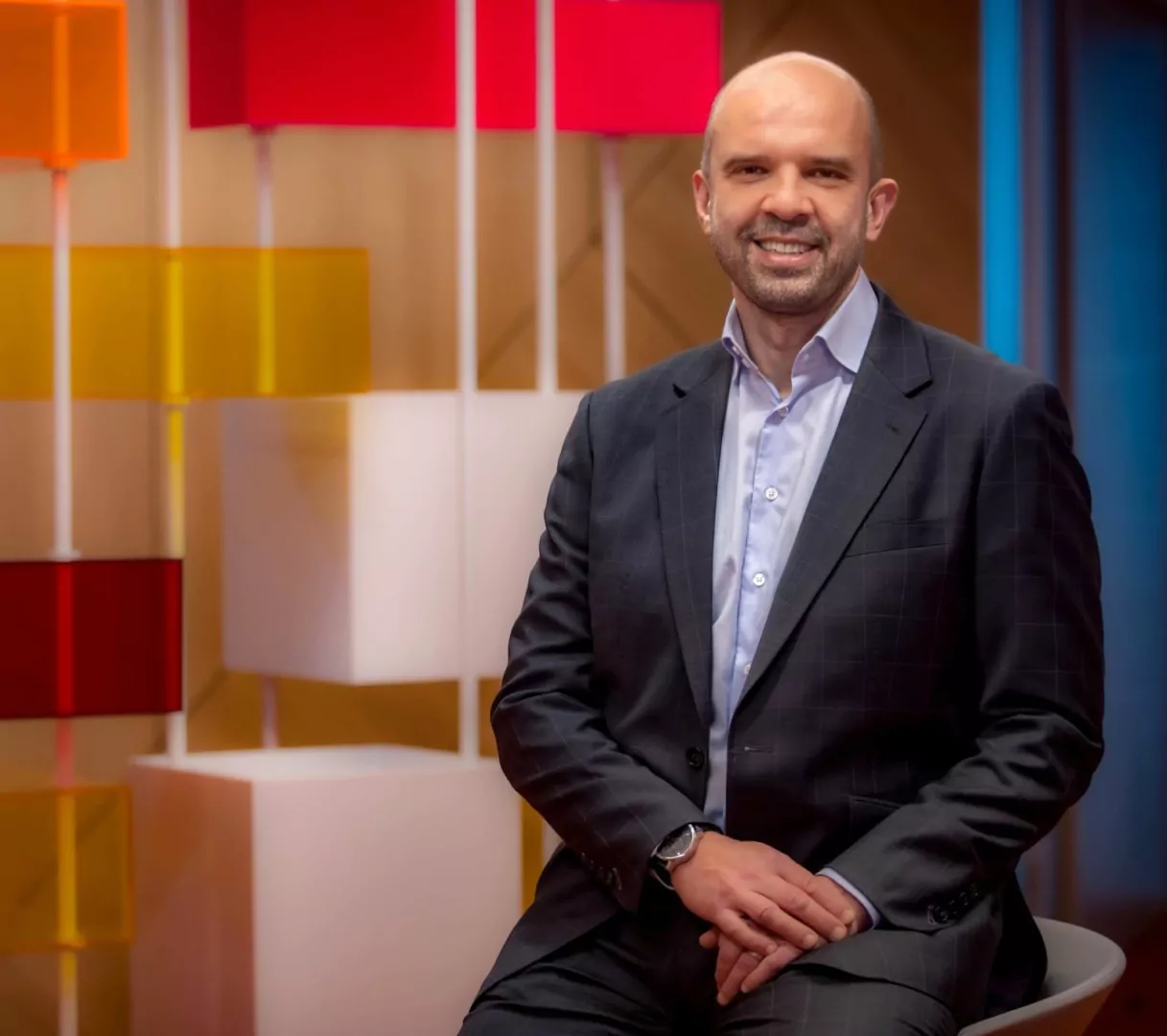Remote and hybrid working has increased short-term productivity for most companies globally, above target, but employee trust in employers has declined, partly due to burnout as many have failed to balance personal life and workload, according to the Future of Work and Skills survey by PwC.
Urmărește mai jos producțiile video ale Economedia:
- articolul continuă mai jos -
Nearly 60% of respondents said their organization performed better than employee performance and productivity targets set over the past 12 months, and only 4% performed significantly worse. Employee trust has declined, however, with only 31% of HR and general managers surveyed strongly indicating that there is a high level of trust between employees and their line managers in their organization. Nearly three quarters (74%) of respondents do not believe that people can effectively manage workload and staff time.
“Maintaining and even increasing employee productivity since the pandemic, under remote working conditions, has positively surprised organizations that initially had pessimistic expectations. But as time has passed, the new way of working is beginning to show its shortcomings. The difficulty of managing work and family responsibilities in parallel, for example, the lack of face-to-face interaction with colleagues, the social uncertainty generated by pandemics are just a few factors that explain the global wave of resignations and the decreasing attachment to employers. Encouragingly, in the current survey, almost 40% of leaders said that trust between employees and their line managers is very important. Companies need to find a balance between how they work and the health of their people by taking a data-driven approach to understand and prevent the reasons that have decreased employee retention,” said Dinu Bumbăcea, Country Managing Partner PwC Romania.
The report notes that burnout itself has become an epidemic, officially recognized as a disease by the World Health Organization. Tired and anxious employees are quitting their jobs in record numbers worldwide. In the US alone, 20 million people left their jobs between April and August 2021, according to the Bureau of Labor Statistics. In the UK, the Office for National Statistics reported more than one million job vacancies in August 2021.
Digitalization, a challenge for companies and a cause of anxiety for employees
Digitalization will continue to be a concern for companies, but also a source of anxiety for employees, because on the one hand most organizations don’t understand the risks of replacing human labor with technology, and on the other people fear for their jobs.
Only 21% of respondents claimed they can identify the risks and only a quarter communicate clearly and consistently to employees about the impact of automation and AI.
Also, a third of executives surveyed say it is very important to identify the skills their organization will need in the future due to technological change, and only 26% say they can do this today.
As for employees, companies need to communicate consistently and offer upskilling opportunities for future jobs to support the long-term employability of their people.
The survey was conducted in September among some 4,000 HR and general managers in 28 industries and 26 countries.

 Sursa foto: PwC
Sursa foto: PwC





























